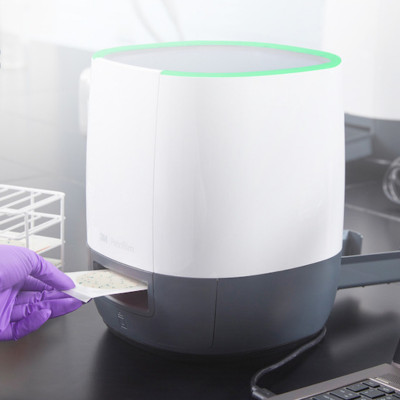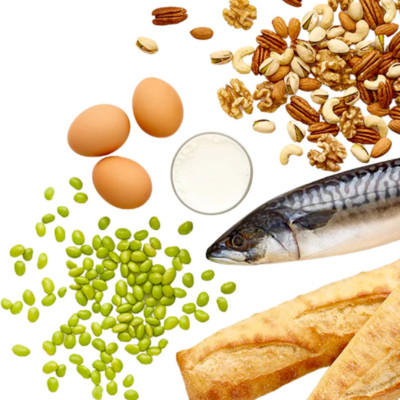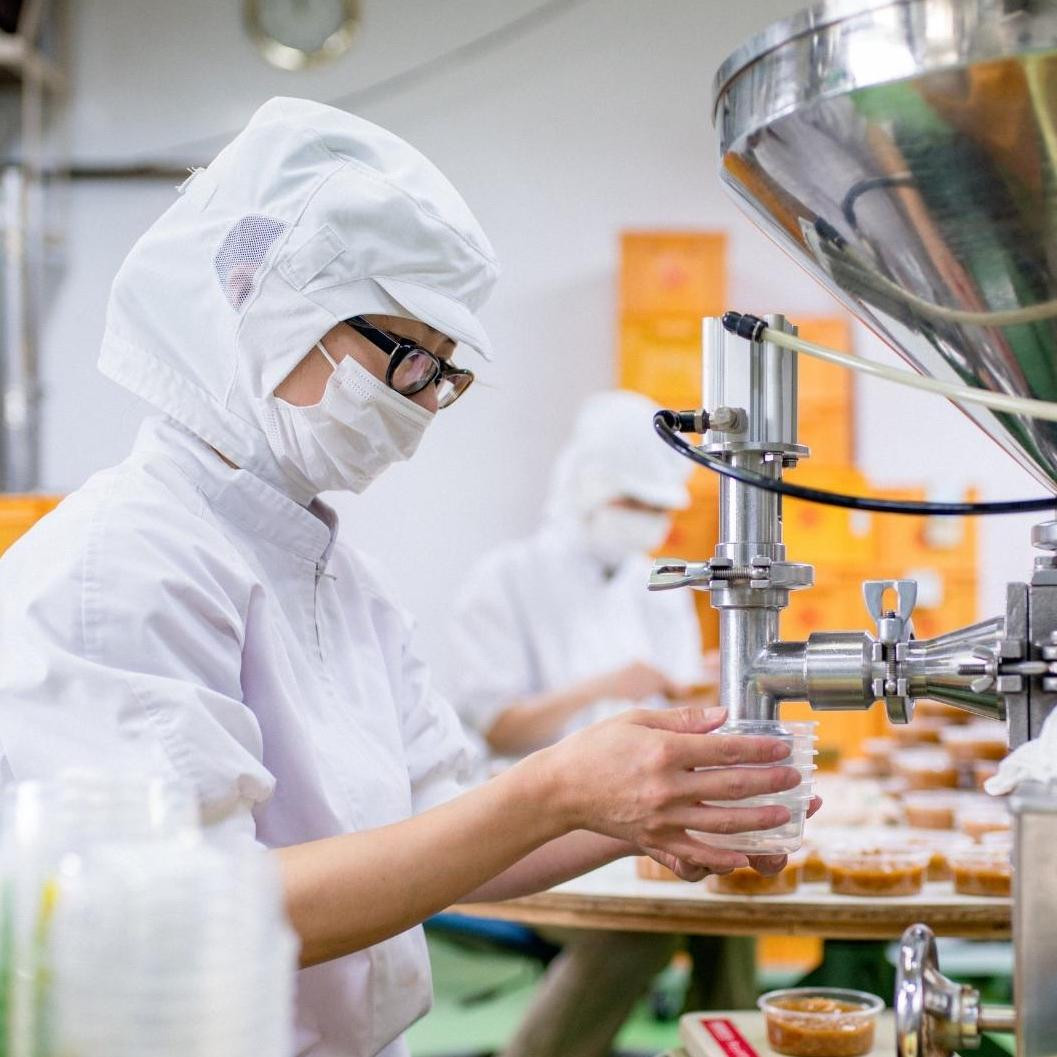The importance of sustainability in today's manufacturing industry
June 15, 2022
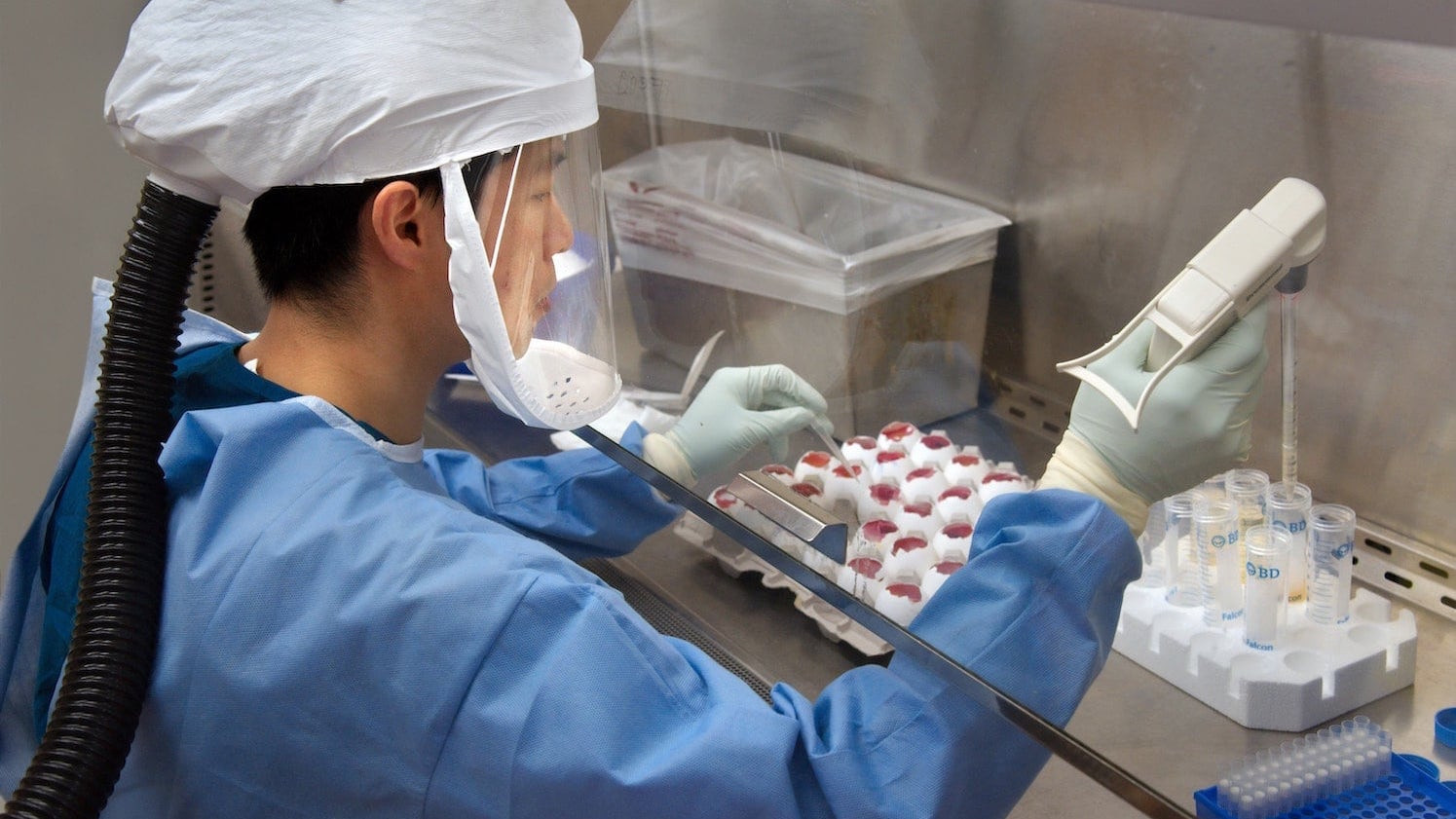
Sustainability impacts all industries, from the architectural and energy sectors to transportation and food. Although practicing sustainability hasn’t been an industry priority in the beginning, the effects of environmental change these past few years had an immense impact on all sectors. As attitudes shift in favor of sustainability, companies are beginning to be more conscious of their carbon footprint, reducing unsustainable practices that would do more harm than good in the long run.
Whether it’s pivoting to eco-friendly packaging or reducing water use, there are various ways to slowly but surely make the change towards a sustainable future.
It is time to go the sustainable route business-wise moving forward
There is more to the food industry than sanitary safety practices. Sustainability has been a primary focus as well. From pathogen and allergen testing to sample collection and everything in between, finding ways to reduce their environmental impact, through water reduction or cutting down testing time, is the best bet for companies to be more eco-conscious moving forward.
While it is vital to consider and prioritize production costs, companies also need to change their ways and improve values to implement and practice better, more effective sustainability protocols and standard procedures. A good initial step is to consider going the eco-conscious route with food testing and packaging. Instead of testing using conventional methods like Petri dishes, a better alternative would be Petriflm. This simple switch reduces waste by 66 percent, saves energy by 76 percent and uses 79 percent less water during the testing process without sacrificing efficiency and accuracy.
Another example is in terms of utilizing sustainable product packaging. Companies are starting to veer away from plastic packaging like bags and containers because of its environmental impact. Plastic is primarily used because of its durability. It also prevents bacteria from entering and contaminating food. Although a low-cost material, it does the environment more harm than good.
The Center for Biological Diversity’s piece on “The Problem with Plastics” mentions that it starts out as fossil fuel before ending up as waste in landfills and the ocean. It takes up to one thousand years to fully degrade. In addition to that, when thrown into the ocean, animals like turtles and whales mistake it for jellyfish, therefore ingesting it.
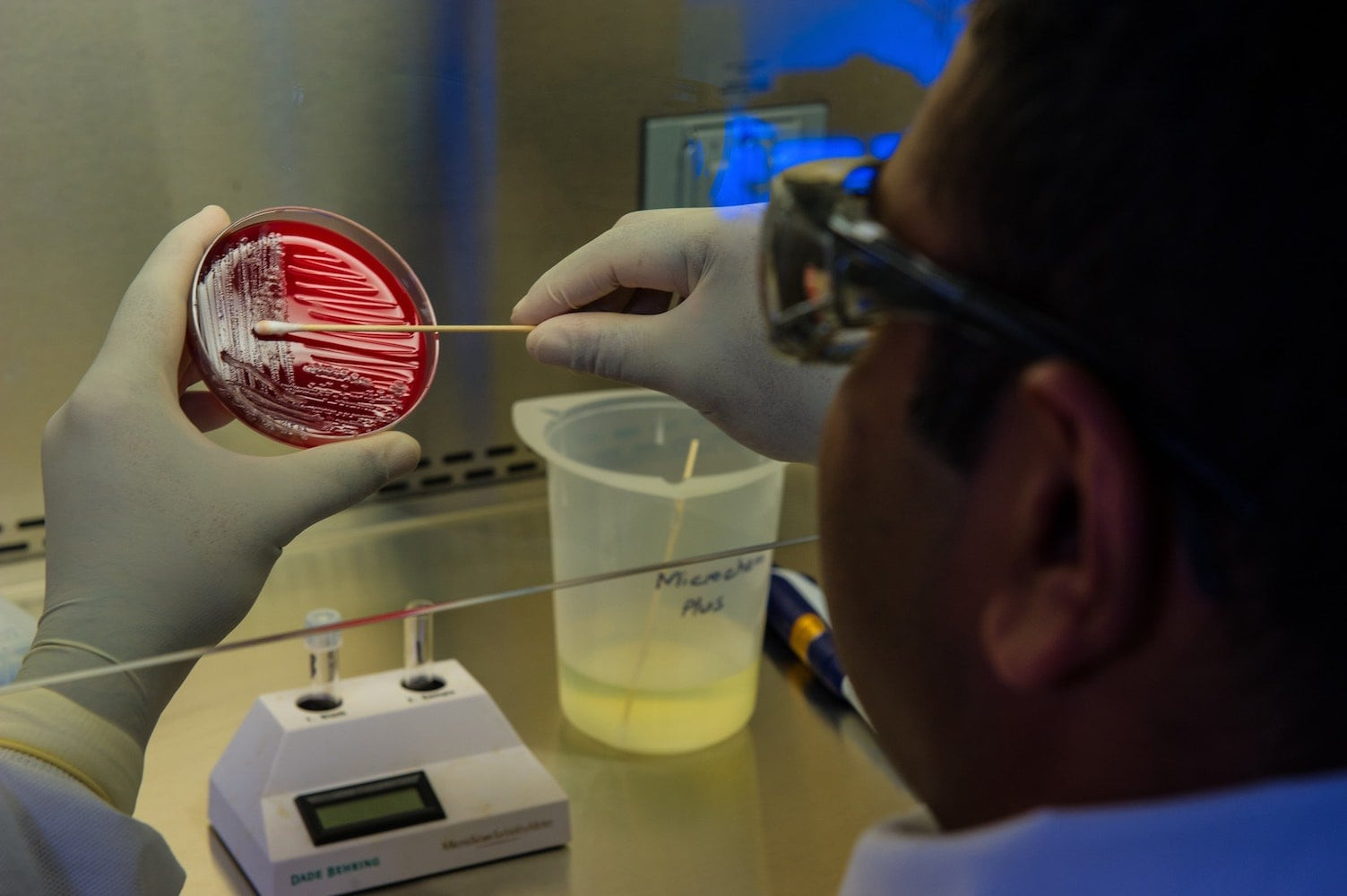
Food production can be eco-conscious, too.
According to The Impactivate, food producers are looking into other eco-friendly alternatives to reduce their carbon footprint. Bioplastics are a good example. They are created using biological materials like potato starch and sugarcane, which decompose in a fraction of time it takes compared with conventional plastic.
Take a company like 3M for instance. Sustainability has been paramount at 3M since the 1970s and continues to be a core value to how the company operates. This manufacturing conglomerate contains a great catalog of quicker testing methods, including ones pertaining to allergens and pathogens, ensuring a reduction in carbon emissions. 3M’s 2021 piece on “How Food Microbiology Contract Labs Can Drive Sustainable Impact” mentions how their customers avoided emitting 16.6 million metric tons of carbon dioxide equivalents through using product platforms, such as films and food safety products.
This number has totaled nearly 75 million metric tons since 2015. Moreover, they ensure new products consider reusability, recyclability, waste reduction, energy and water savings, and renewable materials during the design process. Becoming eco-conscious in the microbiology industry has proven to be possible. The company boasts products that drive results in a shorter time, another factor that reduces energy consumption.
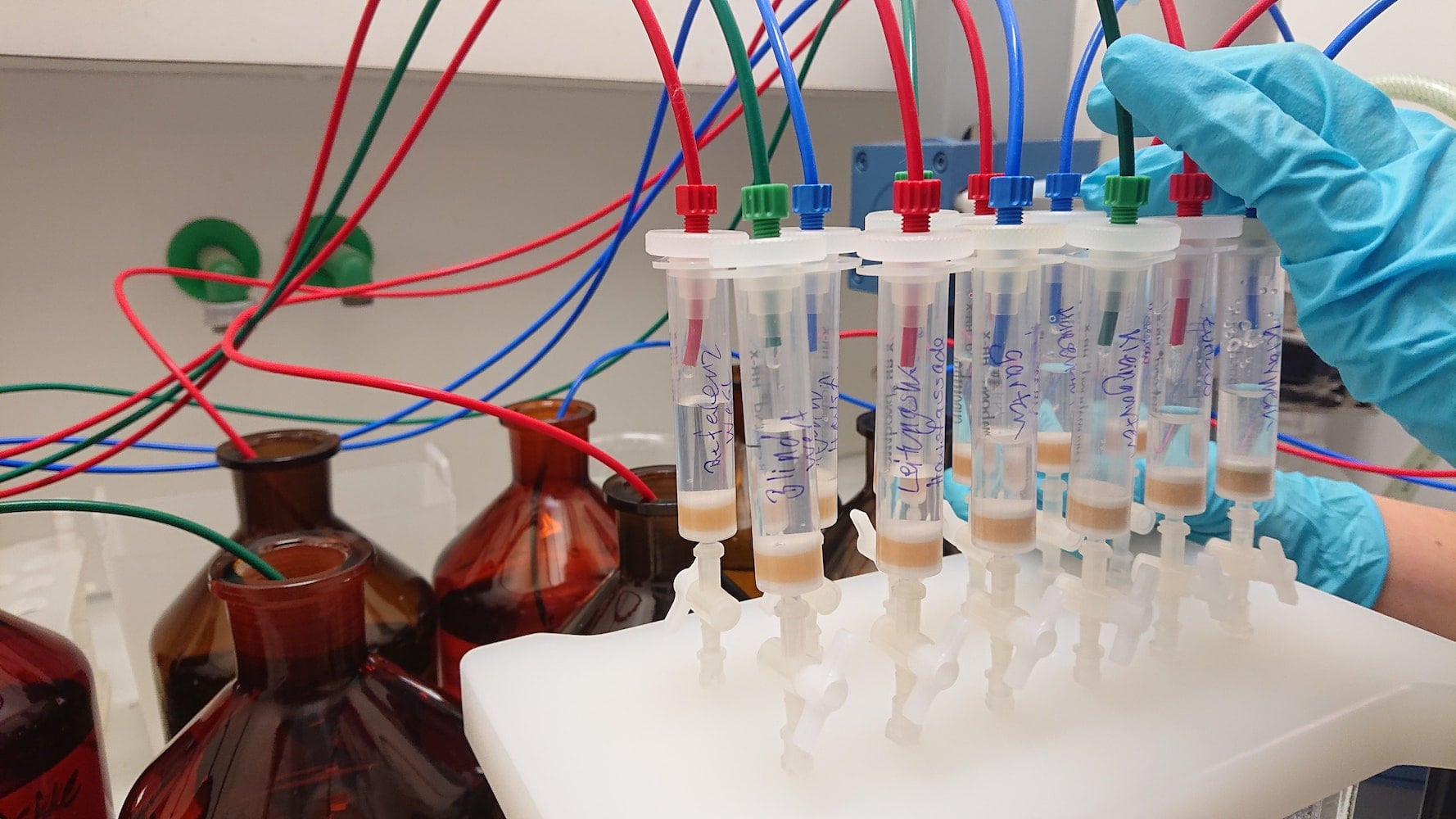
Consumers inspire businesses to implement sustainable practices
Sustainability is a priority to consumers. We have become more aware of how our actions affect the environmental impact in these past couple of years. Cargill’s piece on “Consumers are Driving Food Manufacturers to Focus on Environmental Sustainability” mentions how there are various affected factors. Such include the rising of sea levels, worsening carbon emissions and limited clean water access. Add to that our purchasing habits, which also contributes to the ever growing environmental problem at hand.
Going the sustainable route has become non-negotiable, and customers expect businesses to be transparent about their offerings. Luckily, there are companies willing to test this route in their current manufacturing practices. Two include Nestle and Unilever, who have joined forces to tackle environmental issues through the Sustainable Food Policy Alliance. It aims to deconstruct the food industry through its public policies that promote healthy consumption, community-building, and eco-consciousness. Moreover, we are starting to see how our daily choices propel sustainability in the grander scheme.
Sustainability is in food manufacturing’s future. The food industry is beginning to understand how their current practices impact the environment as a whole. However, only a few food companies have tried tackling sustainability end-to-end. In Earth.org’s Top 50 sustainable companies for 2021, there were no entries from the food industry.
On further practicing sustainability in the food manufacturing industry, Retail and Consumer Goods' Principal Vikram Dhaliwal and Partner Nordal Cavadini at Oliver Wyman suggested in their piece “Sustainability in the Food Industry: How Companies Can Get Ahead of Stakeholder Demands” that having an internal system for food companies to have an accurate measure of impacts of all their current environmental and sustainability activities.
“Having such a companywide system would allow enterprises to translate this into concrete metrics and then into measurable objectives for managers,” writes Dhaliwal and Cavadini. “Integrating these metrics into a new generation of commercial tools will put sustainability alongside revenue and margin and allow for effective control over day-to-day decisions.”
Food companies practicing sustainability in their day-to-day practices can be quite troublesome. However, it is not impossible, especially by taking internal and external initiatives. By cutting back on consumption, replacing materials such as plastic with environmentally-friendlier ones like fiber, and using gas instead of goal, it is possible to pave the path towards a better and greener future.
References:
- 3M. (2022, January 27). How food microbiology contract labs can drive sustainable impact. 3M Food Safety News. Retrieved May 31, 2022, from https://food-safety-news.3m.com/fsn/how-food-microbiology-contract-labs-can-drive-sustai nable-impact/
- Hester | 8 hours ago, J., Brooke | 5 days ago, S., & Field | 1 week ago, A. (2020, November 16). How sustainable food technology is shaping the future of food. Impactivate. Retrieved May 31, 2022, from https://www.theimpactivate.com/food-tech-from-farm-to-table/
- Technia. (2020, July 24). Which industries are leading sustainable innovation in 2020? TECHNIA. Retrieved May 31, 2022, from https://www.technia.com/blog/which-industries-are-leading-sustainable-innovation/
- Cargill. (n.d.). Consumers are driving food manufacturers to focus on environmental sustainability. Retrieved June 7, 2022, from https://www.cargill.com/salt-in-perspective/food-manufacturers-focus-on-environment-sust ainability
- Vikram Dhaliwal et. al (2022, February 21). Sustainability in the food industry: How companies can get ahead of stakeholder demands. BRINK. Retrieved June 7, 2022, from https://www.brinknews.com/sustainability-in-the-food-industry-how-companies-can-get-ahe ad-of-stakeholder-demands/
Other Articles:



